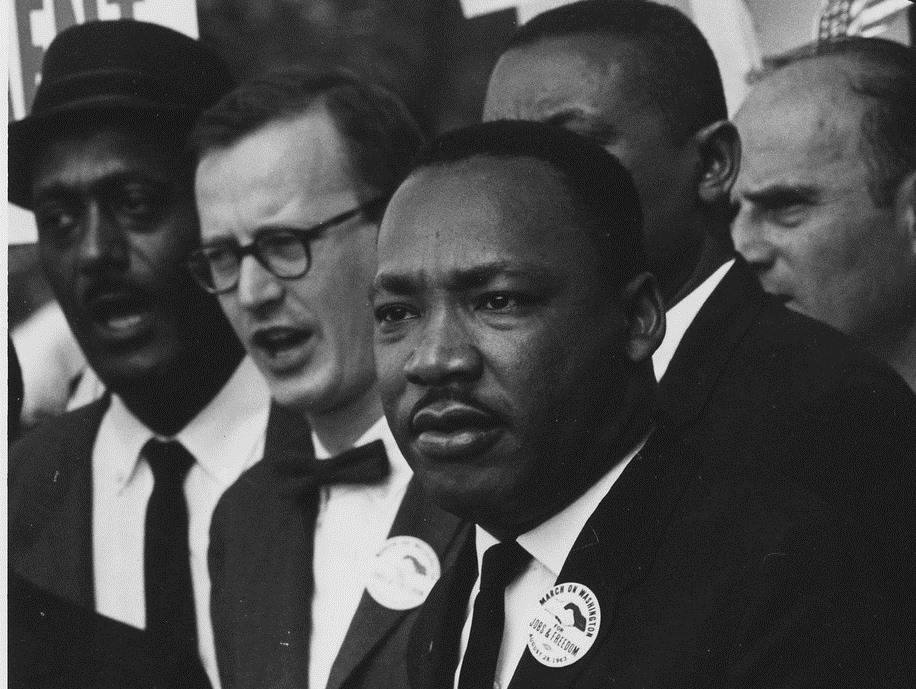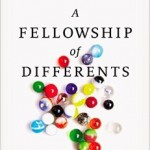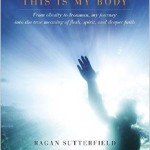
“No man is my enemy
My own hands imprison me
Love rescue me” – U2
I was deeply disturbed by this Religion News Service article that got picked up by Christianity Today:
Top Three Adversaries of Christian Conservatives:
Communism, Islam … and the Emergent Church?
Why do we feel, as Christians, that we need to have enemies? And especially why are we identifying other Christians as enemies? And to think that I encountered this piece on the 50th anniversary of Martin Luther King’s “I Have a Dream” speech, and its words were echoing in my ear:
I have a dream that one day out in the red hills of Georgia the sons of former slaves and the sons of former slaveowners will be able to sit down together at the table of brotherhood.
Yes, race, economics, politics, religion, doctrine, we are still a long way away from the beloved community that Martin Luther King dreamed of, where we would be able to sit down together at “the table of brotherhood” (and I would add, sisterhood), as creatures all created in the image of God.
Indeed, it is the “table of brotherhood” that lies at the heart of Slow Church. The evangelicals are our friends, the emergents are our friends. Jesus gathered tax collectors and Zealots in his little community of disciples, and these groups were as bitterly opposed in the Israelite people of that day as the political Right and Left are today. Let’s gather at the table, eating and being together, knowing and being known as real people, not as faceless ideologies by which we can dismiss and demonize each other. We all will have opinions about what is wrong with the world and how it should be fixed, but we must start by celebrating our unity that has been won in the death, burial, resurrection and ascension of Jesus. Celebrate our unity first, and then learn to eat and to talk and to be together (in a culture that has all but lost the capacity for civil dialogue). Eating together, as John Howard Yoder has emphasized, is an economic act, and by so doing, we are already on the journey to imagining a new shared economy. Let us eat together, and be together and seek Christ together. (And let our economics and politics follow from there.) This is Slow Church.
A SIDEBAR ON IDENTITY:
It’s telling that the stated audience of this CT article is “Christian Conservatives,” the primary identity is Conservative and Christianity is the icing on the cake, so to speak. What we are interested in, and what I advocate above is a primary identity in Christ. Okay, maybe at times we will need clarifying descriptors — “Progressive Christians,” “Conservative Christians,” etc — but can we please recognize that we are first and foremost followers of Christ, that our identity is above all in Jesus? If we cannot do this, how do we expect to imagine the work of Christ in reconciling not only all Christians, but all humanity and all creation???











